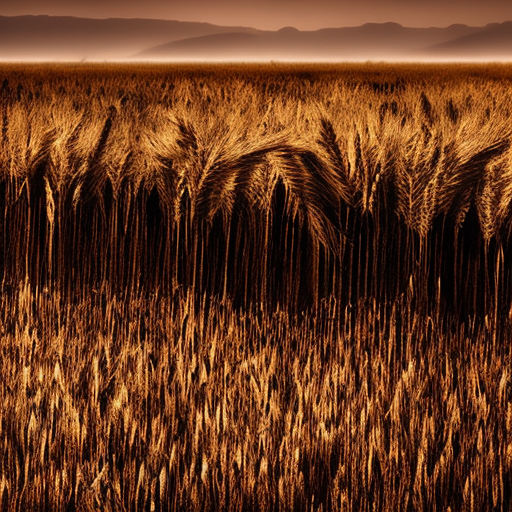Summary of “1900” by Bernardo Bertolucci
One-line summary: “1900” is an epic historical drama directed by Bernardo Bertolucci that follows the lives of two friends, Alfredo and Olmo, as they navigate the turbulent social and political landscape of Italy from the early 1900s to the rise of fascism.
Main Cast and Crew:
- Director: Bernardo Bertolucci
- Writers: Bernardo Bertolucci, Franco Arcalli
- Key Actors: Robert De Niro (Alfredo Berlinghieri), Gérard Depardieu (Olmo Dalcò), Dominique Sanda (Ada), Burt Lancaster (Alfredo’s grandfather), Donald Sutherland (Attila Mellanchini)
- Music Director: Ennio Morricone
- Director of Photography: Vittorio Storaro
- Producers: Alberto Grimaldi, Giovanni Bertolucci
Plot:
Set in the Emilia-Romagna region of Italy, “1900” spans several decades, chronicling the lives of Alfredo and Olmo, who were born on the same day in 1901 and grow up together on a vast estate. Despite their different social backgrounds, the two boys form a deep bond. Alfredo is the heir to a wealthy landowning family, while Olmo is the son of a peasant worker.
As they come of age, their friendship is tested by the stark class divisions and political turmoil that shape Italy. Alfredo’s family represents the ruling class, exploiting the labor of the peasants, while Olmo becomes a leader in the workers’ movement. Their contrasting paths mirror the larger struggle between the bourgeoisie and the proletariat.
The film explores the complex relationships between the characters, including Alfredo’s troubled romance with Ada, Olmo’s love for a fellow worker, and the power dynamics within the Berlinghieri family. Against the backdrop of World War I, the rise of fascism, and the Italian resistance movement, Alfredo and Olmo find themselves on opposite sides of the political spectrum, leading to a tragic and violent confrontation.
Themes and Motifs:
“1900” delves into themes of social inequality, political ideologies, and the cyclical nature of history. The film examines the destructive effects of class divisions, highlighting the exploitation of the working class by the ruling elite. It also explores the allure and dangers of radical ideologies, as well as the consequences of political extremism.
Bertolucci employs motifs of nature and landscape to symbolize the connection between the characters and the land. The changing seasons and the lush countryside serve as a backdrop to the characters’ lives, reflecting their emotional states and the shifting political climate.
Reception and Legacy:
Upon its release in 1976, “1900” received mixed reviews from critics. While some praised its ambitious scope and powerful performances, others criticized its length and perceived political biases. The film was nominated for several awards, including the Palme d’Or at the Cannes Film Festival.
Despite its initial reception, “1900” has gained recognition as a significant work in Bertolucci’s filmography. Its exploration of social and political themes, as well as its epic scale and stunning cinematography, have contributed to its lasting impact on cinema.
Recommendation:
“1900” is a visually stunning and thought-provoking film that offers a sweeping portrayal of Italian history and society. It requires patience due to its lengthy runtime, but the powerful performances and intricate storytelling make it a worthwhile watch for fans of historical dramas and political films.
Memorable Quote:
Alfredo: “I’m not a communist, but I’m not a fascist either. I’m an anarchist.”
Overall, “1900” is a captivating and ambitious film that explores the complexities of class struggle and political ideologies. Its grand scale and compelling performances make it a must-watch for those interested in historical dramas and social commentary.












